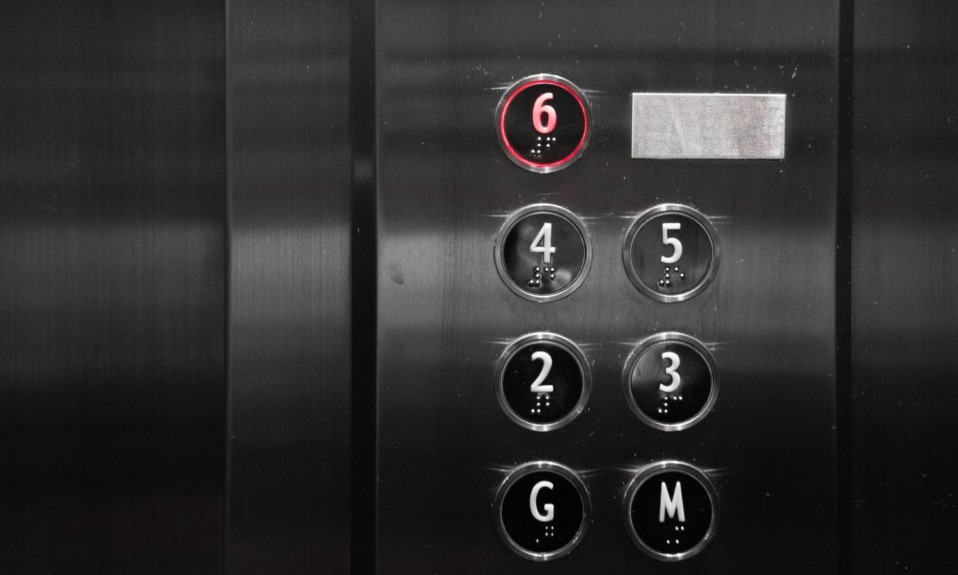The more you know about their link, the more you can help someone you love—or yourself. Here’s how
By Patrick McElwaine, Psy.D.
October 6, 2020Addiction and suicide are epidemics facing the United States. And they’re closely connected: People with substance abuse disorders are six times more likely to complete suicide than those who don’t have a substance addiction problem, according to Mental Health America.
Here’s another hard truth: Addiction and suicide are on the rise and a growing public health concern.
The more we know about the two and how to battle their link, the more we can increase social awareness and promote treatment and recovery for addiction and other mental health disorders. A handful of other alarming statistics relating to addiction and suicide:
From the World Health Organization (WHO):
- Globally, close to 800,000 people die every year to suicide, about one person every 40 seconds.
- For every completed suicide, there may be close to 20 other people who attempt suicide.
From the National Alliance on Mental Illness:
- In the United States, the overall rate of suicide has increased by 31% since 2001.
- Suicide is the 10th-leading cause of death in the United States and the second-leading cause of death for individuals ages 10 to 34 years, tripling in the past decade.
- Individuals diagnosed with substance use disorder (SUD) are at higher risk of dying by suicide.
From the Substance Abuse and Mental Health Services Administration (SAMSHA):
- 22% of deaths by suicide involve alcohol intoxication.
- Opiate use is found in 20% of completed suicides in the United States.
What are the warning signs showing that someone may be at risk for suicide? Here are some:
- Current ideation, plan or intent
- Current self-directed violence
- Hopelessness (presence, duration, severity)
- Perceived burdensomeness
- Despair
- Putting one’s affairs in order
- Humiliation/shame/guilt
- Dramatic mood changes (both positive and negative)
- Suddenly happier, calmer. Decision is made!
- Isolation
- Communication with people one cares about—saying goodbye
- Discharge from inpatient units
- Not keeping appointments (in presence of other risk factors)
- Isolating
- Relapse or increased substance use
So, What Now? What Can You Do to Help?
Create a safe environment where a person feels comfortable speaking about mental health concerns and addiction. A nonjudgmental safe space can help someone who is struggling and allow the person to reach out for help and support.
Encourage them to speak to a therapist. Finding the right therapist can help with depression, anxiety, substance use and other mental health concerns. These issues can lead to thoughts of taking one’s life. A good therapist can help discourage any thoughts of suicide.
Have them consider attending 12-step groups and other group therapies to help increase social connectedness and support. Reach out to the National Alliance on Mental Illness (NAMI), which offers numerous resources and support groups. NAMI can also guide families and loved ones toward finding the best treatment for you.
Keep these numbers close: 1-800-273-8255 is the suicide hotline number and 741741 is the crisis text numbers in your phone. As a therapist, I would call the hotline number with my clients, just to help them get more comfortable with using it when in crisis. Call with them, and hopefully it will increase the chances that they will use it as a resource when having thoughts of suicide.
Suicide is a health crisis we need to treat with the same attention, conviction and compassion as addiction to help the people we love. These are the first steps to understanding and focusing our attention on helping to bring down the numbers in this national and global crisis.
Patrick McElwaine, Psy.D., LPC, is known as “Dr. Mac” to his clients, students and colleagues. He has his own counseling practice, teaches counseling psychology at Holy Family University in Pennsylvania, is a faculty member at the Beck Institute and serves on the Bucks County National Alliance on Mental Illness (NAMI) board of trustees.
Photo: Jon Tyson














